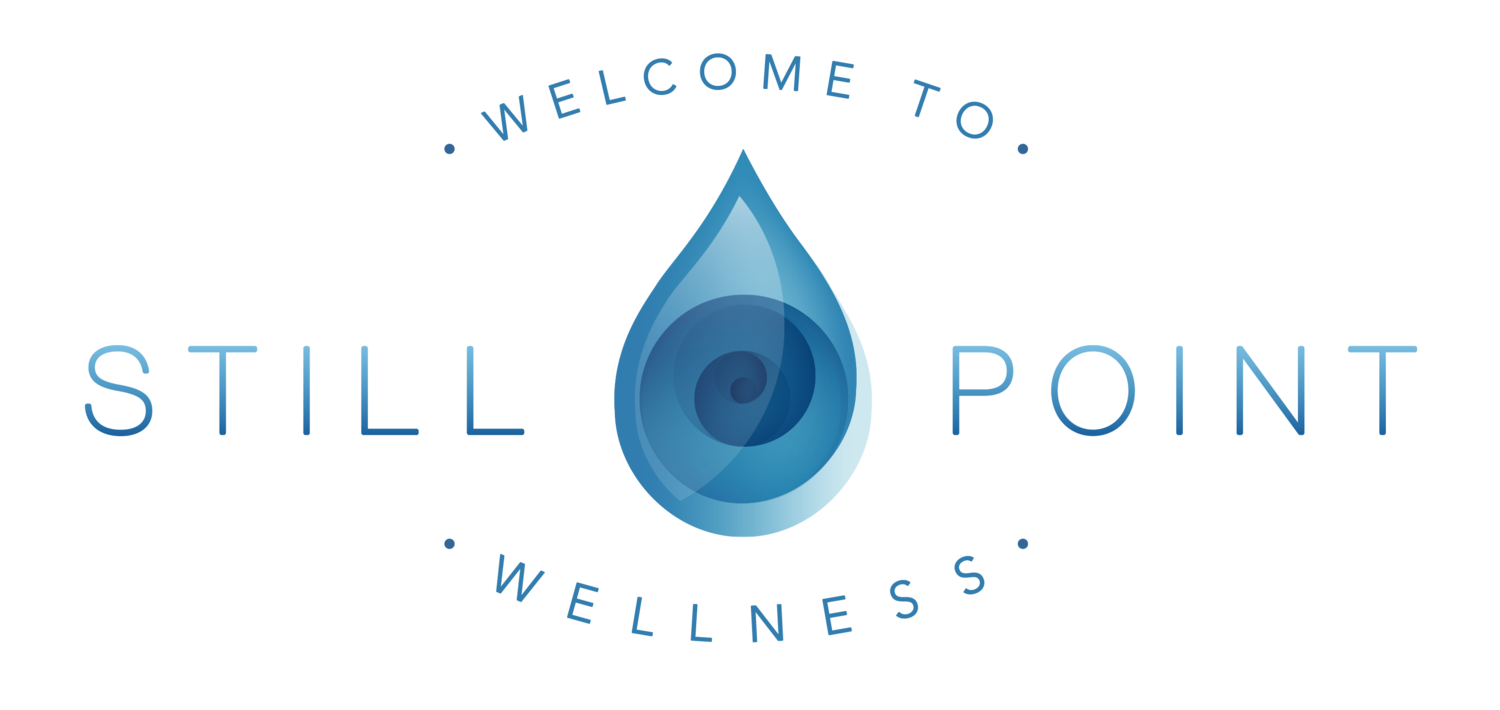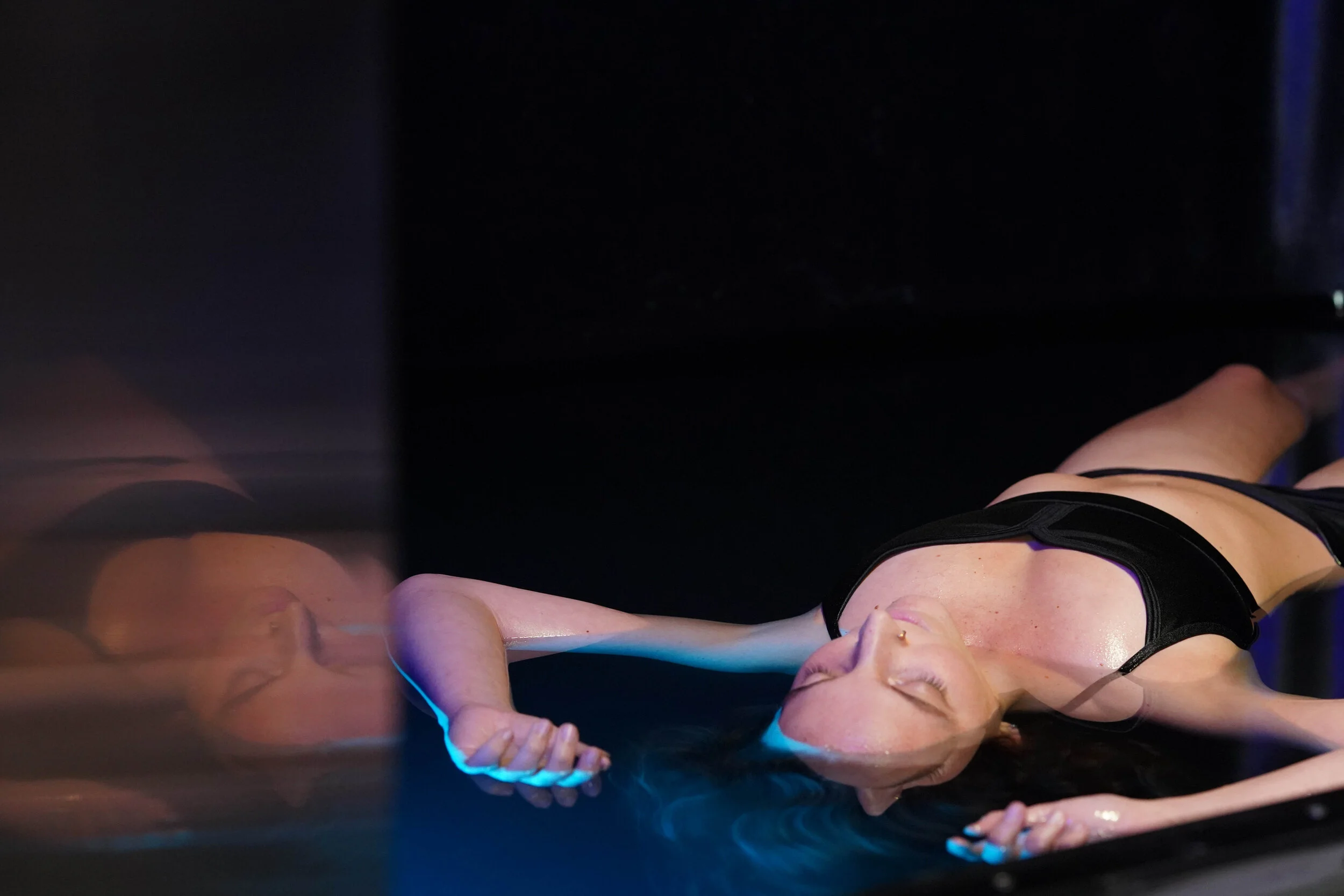Reflections by Ariane Kjellquist
1. To better understand time, you need to float.
An hour in a float chamber is unequivocally different than an hour anywhere else. When all you have to do is breathe, time appears to pass more slowly. Of course, this is only perception because 60 minutes is a quantifiable slice of existence that “passes” regardless of the activity filling it.
All of my normal markers of time were removed, more than just my watch. As I floated, I literally felt as though I had no concept of time. Have I been in here for 10 minutes or 50 minutes? I really had no idea.
The disconnection from time markers initially made me a little uncomfortable, a little anxious. Maybe they forgot about me? Maybe they are giving me bonus time? How long have I been in here? Are they going to knock on the wall and tell me my time is up in 1 minute – or 30 minutes? I have no clue! This was a newbie experience for me. I didn’t even think about (the passing of) time the next time I floated. Instead of trying to monitor or anticipate the passing of time I just enjoyed every minute of being “away from it all”. In fact, in a subsequent float, I fell asleep!
2. To better understand true darkness, you need to float.
Since I’ve backpacked, I was confident that I had experienced true darkness. I was wrong. In a tent in the middle of nowhere, in an isolated cabin with all the shades drawn, on a sailboat with no land in sight – none of these places, no matter how remote, offer true darkness. You’ve not been in complete and utter darkness until you’ve been in a float chamber.
But good luck trying to see it. Your eyes will not adjust. It is not an exaggeration when I say you cannot see your hand in front of your face. You can’t. It’s that dark. Until you experience it for yourself, it’s impossible to envision what it’s like. Our everyday understanding of darkness is thrown on its head when you enter the float chamber and you quickly realize just how prevalent light pollution is in our world today. To my surprise, rather than cause anxiety, the true darkness contributed to a deep sense of relaxation.
3. To better understand what it means to truly relax, you need to float.
At one point, the mind chatter (which I was doing a good job at blocking out) returned. But it was positive. I was applauding myself for being so relaxed. Then later, 1 or 10 or 20 minutes later – I realized that I had achieved an even deeper state of relaxation! Like many people, I carry stress in my neck, shoulders and upper back. When I went into a deeper state of relaxation, my head had subsequently fallen deeper into the water – moving the water line from my hairline to the edge of my eyes. This was an awesome epiphany for a control freak who finds it hard to unplug and relax. (Don’t worry, you won’t drown. But do be careful not to get the salt water in your eyes.)
4. To better understand the importance of self-care, you need to float.
When it comes to trying new things, I do. I am not always the first person to raise my hand, and I may require some coaxing; but I’m usually open to new experiences. The idea of floating in salt water inside a completely dark chamber did spur some anxiety on the front end and I ran the typical “can I drown?” and “what if the door locks and I can’t get out?” scenarios through my head multiple times before actually booking an appointment.
Fortunately, my husband knows me well. He knew that even though I had some anxiety about the float chamber, the curiosity overshadowed any doubt (since I kept talking about wanting to try it). And he knows that even though I always enjoy self-care, I am terrible at making time for it. So he bought me a gift card to ensure that I would stop talking about it and just go already.
He has since bought me another and I have bought them for friends – for nursing school graduation, birthdays, etc. Perhaps one of these days I should return the favor to my husband, as he too is curious about the float chamber and terrible about self-care. Plus, no matter what I write or how I verbally describe the experience, only participation will yield understanding.
Go float y’all!
Ariane has lived in Asheville with her husband of 21 years, their teenage daughter, and their family pets -Great Dane ,Shiva, and cat, Suki.
When she’s not working at Asheville Area Habitat for Humanity, she is with family or friends mountain biking, hiking, running, doing yoga, seeing live music, attempting to hone her pot-throwing skills, enjoying local food and drink, or traveling.
Do you have a story to share? Please email us! If published on our blog you will receive a complimentary 90 minute Salt Water Floatation session as a way to show our gratitude. Terms and Conditions



